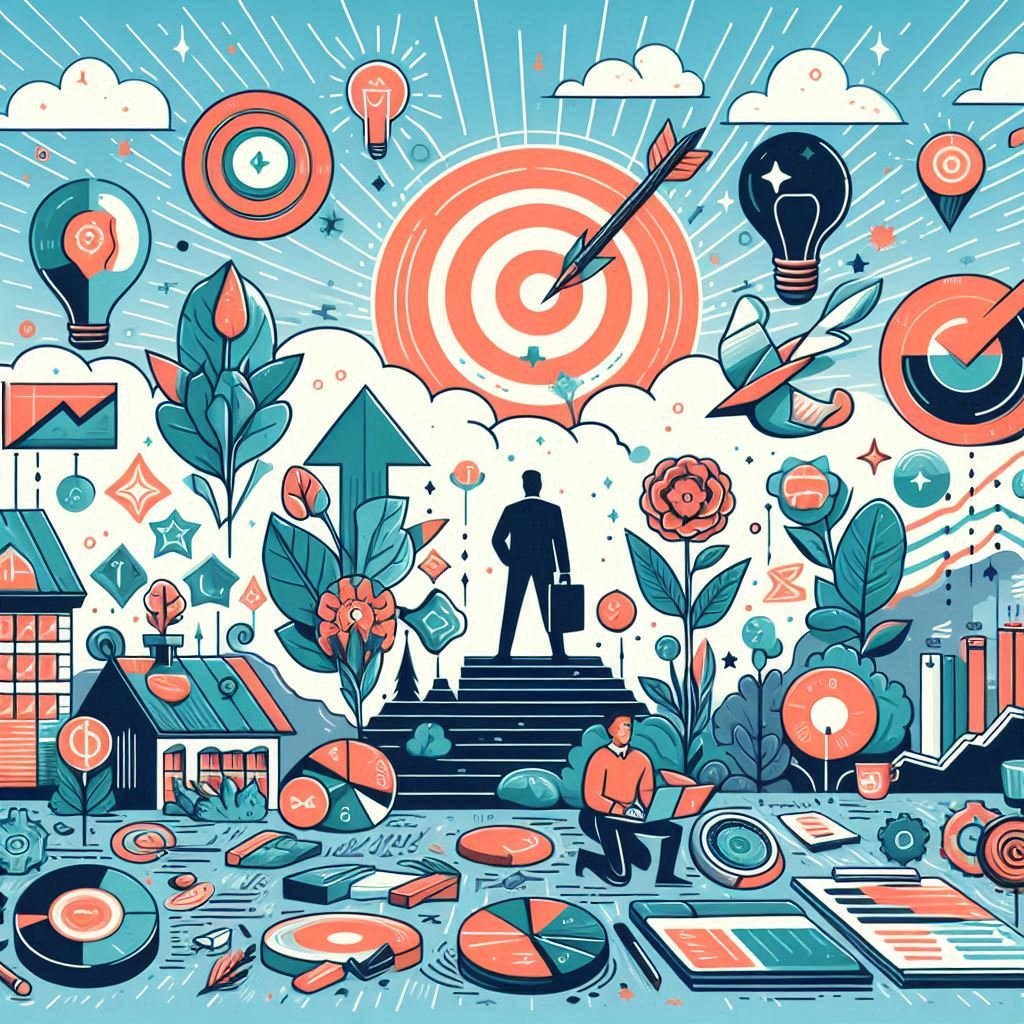News and Articles
Psychological Capital – is it time we take wellbeing seriously?
You’ve heard of financial capital, technological capital, and human capital, but what about psychological capital? Although this resource may not be as evident as the latest equipment or the monthly figures, it plays a vital role in mental health and overall wellbeing, as well as performance and success.
Defence or Offence – using strengths to be your best
Strengths are pots of gold sitting within all of us, waiting to be excavated, harnessed, and deployed. Next time you come up against a challenge or an exciting project, step outside the box and let your strengths pull you forward. We all have unique and complementary strengths, so let’s use them to positively influence our environment, instead of simply becoming a by-product of it.
Befriending Emotions – you can’t think your way to wellbeing
Emotions carry information from our body to our brains, telling us what’s going on in our internal and external environments. They are fast, fluid, and dynamic, and when we learn to accurately read our emotions, we can harness all the information they’re trying to tell us. Try to welcome more positive emotions into your day, such as gratitude, joy, appreciation, calm, fulfillment, enthusiasm, and inspiration. And don’t let them pass too quickly. See if you can stretch them out and savour them; your wellbeing will thank you for it.
Bend, not break – using resilience to weather life’s storms
As a profession that advocates for prevention over cure, it can be surprising and saddening to know that the same approach isn’t applied to clinician wellbeing. With mental health concerns rising amongst dental professionals, it’s imperative that we focus on clinician wellbeing now more than ever. Adding tools to their wellbeing toolkit is a great start, and one of those tools is resilience.
Holding onto Hope – using the science of goal setting to re-energise
Humans are inherently wired to move towards a goal or purpose. So, if you are experiencing a goalless floundering state it doesn’t just feel bad, it literally is bad for your wellbeing and psychological health. How do we shake things up and get you out of the rut you’re in? Through the science of goal setting.
Focus on Your Lane – Using Self-Efficacy to Build Enduring Confidence
Oftentimes, self-efficacy, or confidence, is misunderstood as something that we’re born with. You’re either a confident person or you’re not. The research paints a more nuanced picture, and shows self-efficacy to be a developable skill,
You Are Not Your Errors – using Learned Optimism to reset.
Learned Optimism is a strategic way of thinking that can be taught and developed in individuals. It focuses on disputing or challenging those thoughts to better serve us, our wellbeing, and our careers. If you find yourself thinking, “This is ruining my whole life”, ask yourself, “Really? Is this event really ruining my whole life or is it just impacting a specific part of my life, my work, my day?”.







